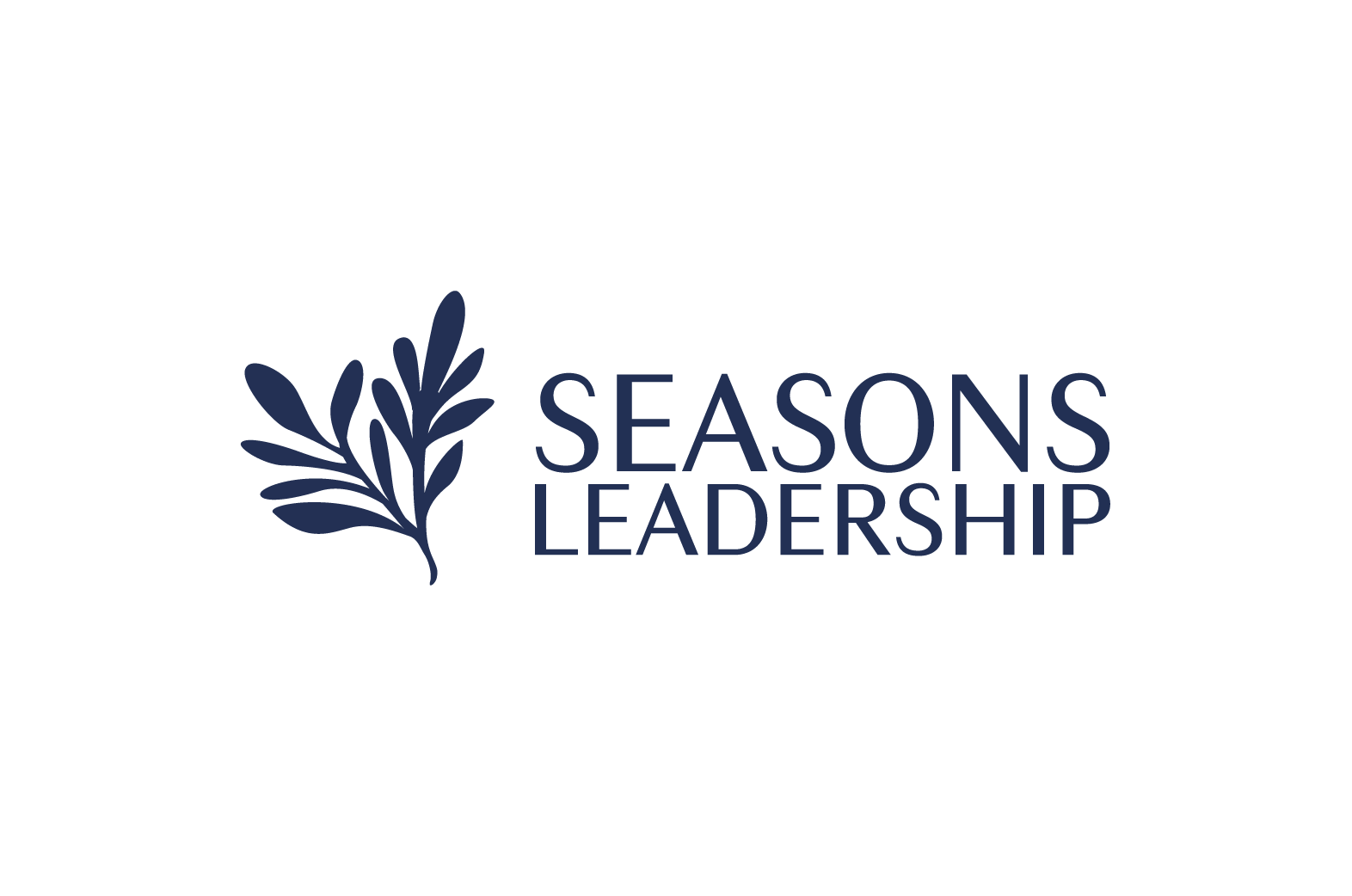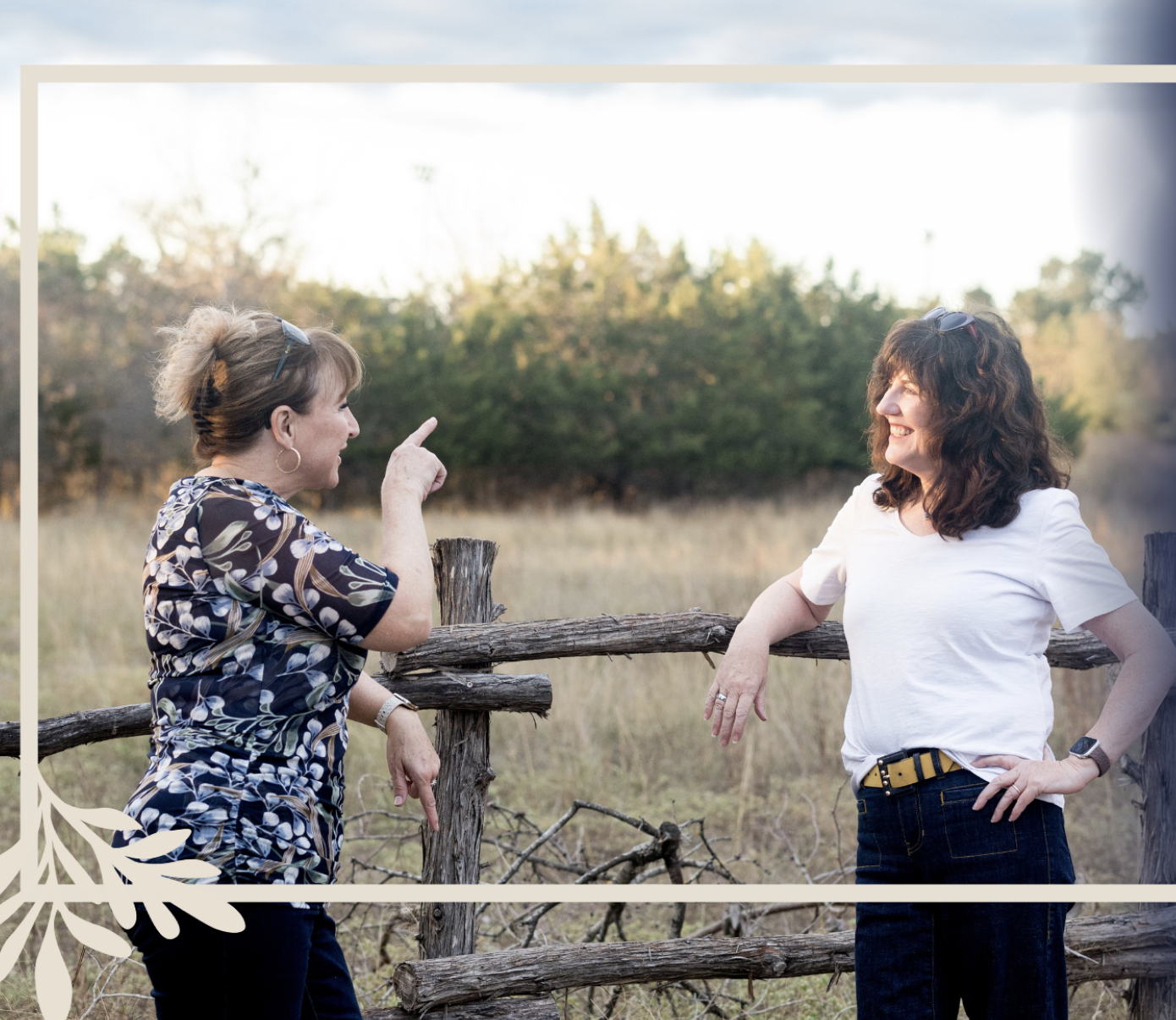Personal agency is acting on the belief that you have the power to shape your own life. It's the confidence to determine your choices, take control, make your own decisions, and steer your life and circumstances in your desired direction. When you have strong personal agency, you believe you can influence what happens to you and take charge of your future.
This summer, I've been reflecting on the concept of agency because my coaching clients (looking for a leadership coach? We’ve got you covered) have been talking about it. People say things like, “I could never do that!” or “I’m burning out, my boss doesn’t see all that I do!” and need counsel on how to act with agency or conversely, “I’m going to go talk to the CEO because I know how this could work!” or “I’m going to lead this organization someday!” and need encouragement to continue on the path of agency.
As I think about leadership, I see how closely it's tied to agency. Watching exceptional leaders in action, I'm struck by their strong sense of agency. It's so deeply ingrained in them that I wonder if they ever question it. It is a formidable mindset, knowing, with confidence, that you have control over your decisions, actions and life.
Leaders with a strong sense of agency are the ones we naturally gravitate towards. We’re drawn to their self-confidence because it gives us a sense of security, especially when the environment is chaotic or confusing, and we want to be on their team. But this quality can be a double-edged sword. Some leaders channel their agency into self-promotion, putting themselves above others. Conversely, the leaders we look up to, who share our values and standards, use their agency to lift others up. They don’t hold people back from shining brighter; they understand that we all thrive when everyone is empowered to reach their full potential.
Avoiding a victim mindset is key to asserting agency
Acting with agency is about being proactive, owning your actions, and making things happen rather than just letting life happen to you. It’s being resilient when things don’t go your way because you know you can deal with anything. It’s also about accepting responsibility and accountability for your decisions and actions and not blaming anyone or anything else. People with a strong sense of personal agency are powerful. They make things happen.
Looking back at my working life, I've felt most fulfilled and productive in roles where I felt a strong sense of personal agency. These have often been positions of leadership or those with flexibility and responsibility. Personal agency is an inside job for sure, but my sense of agency is also influenced by the context and people around me.
When a job offers latitude—flexibility in the scope of work, how I accomplish tasks, or determining my schedule—I feel more empowered and accountable. This allows me to bring my genuine self to work, push myself to grow, and offer more value to the organization. This attitude has always led to success and recognition for the contributions and promotions that I wanted.
When there's little to no flexibility, I feel like I have been put into a box without the ability to influence any outcome. In theory, I have the agency to leave a job, but the reality is that most of us rely on our jobs and can’t just quit. Without seeing other options, we can feel stuck, which fosters a victim mentality. This mindset is demoralizing and unhealthy and prevents us from reaching our full potential. It is personally toxic and toxic to others around us.
I believe most of us have experienced this frustration at some point. Several years ago, I learned about a helpful mindset framework from David Emerald, “The Empowerment Dynamic TED.” This framework provides a pathway to move past the victim dynamic of feeling a lack of agency. The key is knowing you have a choice and doing something about it.
First and foremost is to shift your mindset to an Outcome Orientation. Focus on what you want, not what you don't want. Instead of being a victim, become a creator. Recognize that you really do always have a choice, regardless of the circumstances. Sometimes, we might choose to stay in a situation we don’t like, but even then, when we take ownership of that choice, we feel empowered. Early in my work life, I had jobs that I felt were needlessly inflexible and demanding. Without personal agency, this felt oppressive, and I now see that I fell into a victim mentality exercising little agency.
While feeling like a victim might seem justified—"Look how I'm being treated!"—it requires casting someone else as an offender, whether a boss or the organization. In a previous Seasons Leadership Podcast episode we talk to Adam Reynolds, principal owner of Adam Reynolds Leadership, about the triangle of blame and the role of being the victim. Adam asserts that a victim being right does not get them power, but taking responsibility does. This is not about blaming the victim but rather empowering them to see how they can get themselves out of an unbeneficial power dynamic that breeds drama and division, neither contributing to success nor getting what we want.
I learned that even if I was right and the job, boss, or situation “should” have been different, the reality was what it was. Me being “right” didn’t change a thing. Instead of being the victim, I chose to view these early roles as transactions that provided a paycheck – the outcome I wanted at the time. The money was essential for college, rent, and other needs. When better opportunities arose, I didn't hesitate to take the better job, knowing that I had to make a different choice to get what I wanted. I realized continuing to act like a victim didn't serve me. If something wasn't working, I was the only one who could change it, understanding that the change may take some time, but it was worth pursuing. Learning this lesson was positive for me and profoundly impacted my interactions with others. People are naturally drawn to positive, proactive individuals, and my new mindset opened previously closed doors.
This creator mindset sparked a reinforcing cycle of growth. By focusing on desired outcomes and taking ownership, I created new opportunities and attracted people who valued my positive approach. This shift not only enhanced my personal development but also led to greater success in my career, as I became someone others wanted to work with and support.
Tips for boosting your personal agency
Here is some practical advice you can apply today to get closer to the desired outcomes:
- Start by observing leaders you admire and pay attention to how they assert their personal agency.
- Next, take a step back and assess your situation as objectively as possible. Focus on what’s actually happening, not what you think should be happening. It can be really helpful to get input from someone you trust, especially if they’re not directly involved in the situation—they can offer a more unbiased perspective.
- With this clearer view of your situation, shift your mindset to be outcome oriented. Concentrate on what you want to achieve rather than what you don’t want or are trying to avoid. Don’t be afraid to ask for what you want, and actively work towards creating the outcomes you desire.
- Finally, set clear boundaries. Define your limits so others understand and respect them, allowing you to maintain control over your time and energy.
If this feels challenging, start small and in a safe environment. Try exercising more agency at home or with trusted friends to build your confidence. As your confidence grows, you can bring these skills into work situations.
The more you practice asserting your agency, the more empowered and in control you’ll feel. But remember—the choice is yours!
A final note to leaders
Give your employees as much flexibility as possible when defining their roles. This allows them to take ownership of their responsibilities, leading to greater contribution and engagement rather than seeing their job as just a transaction!













